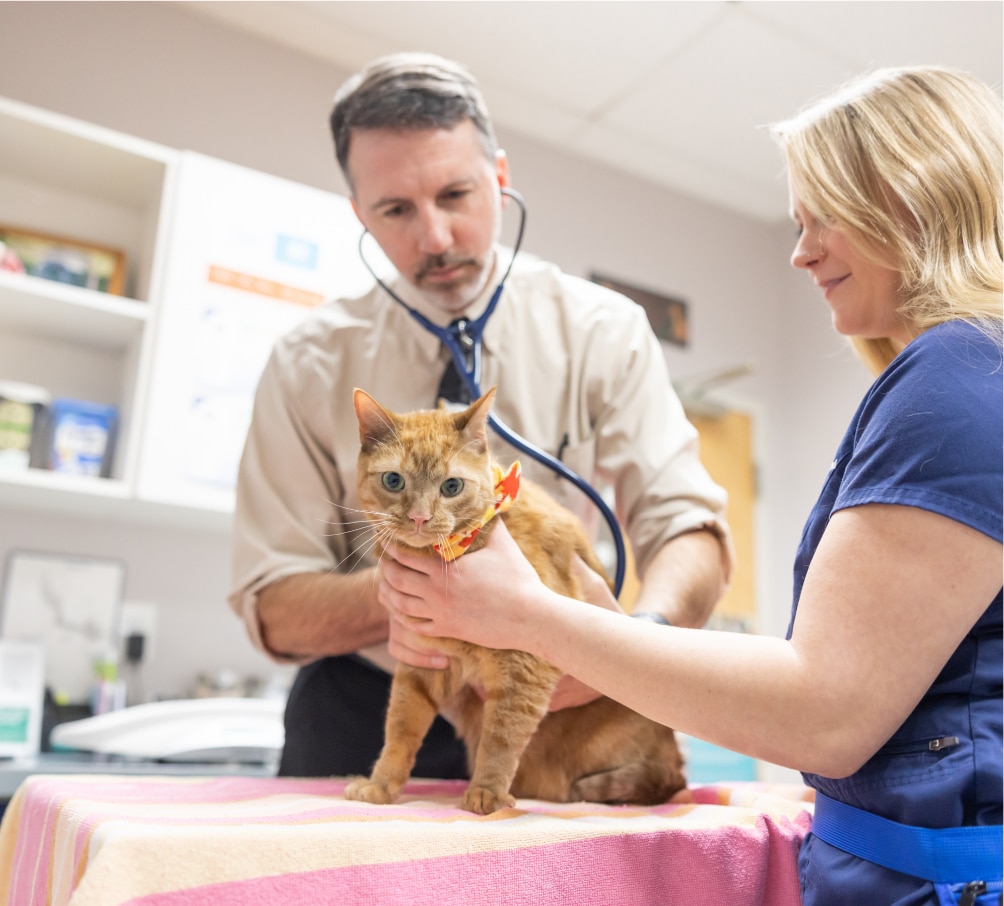Whether you’re starting a new job, your kids are returning to school, or you’re going through a divorce, adapting to changes to your schedule can be frustrating.
For your dog, the changes can be even more difficult for them to adjust to. They’re used to you leaving at the same time every day, coming home at the same time, and feeding them at the same time.
Sudden changes to your daily schedule can throw off your dog’s behavior and mood, leaving them seeming withdrawn or stressed.
If you’re facing an upcoming life and schedule change, here are 6 tips for helping your dog cope with the new situation:
Start with Smaller Increments
If you’ve got enough lead time before your schedule shifts rapidly, such as in the summer when your kids are gearing up to return to school, or in the few weeks before you start that new job, help your dog get used to the new schedule with smaller shifts.
For dogs that are used to you being home all the time, start by leaving the house for a few hours during the day. Gradually increase the amount of time you’re gone to get them acclimated to being home alone.
If your schedule change means that you’ll be leaving the house earlier or getting home later – and may be shifting their meal times or planned walks – slowly work up to the new schedule change while you can. Adjust meal times and walks in blocks of 15 or 30 minutes. These aren’t big enough changes for your dog to really notice too much but will, over the course of several days, gently get them accustomed to the new routine.
Help Burn Extra Energy
A lot of dogs don’t like being cooped up inside a house all day, and can take out their stress and frustration on your furniture.
Help them get rid of this excess energy with longer or more frequent walks and extra playtime when you can. If possible, schedule their longer walks or play sessions as close to the time before you’re set to leave for the day if you can, making your dog more likely to become tired and spend at least the early part of your time away resting.
If necessary, you may consider having a friend or dog walker come in during the day to take your dog out for a walk.
Leave the Right Toys
Chew toys and balls are great, and dogs love them, but when they’re home alone these toys aren’t going to do much to keep their attention.
Instead, leave your dog with some puzzle toys – with or without treat and food dispensing functions – to keep them interested and busy in your absence.
Puzzle toys are much more effective in engaging a bored pet, keeping them from taking their boredom out on your fancy shoes.
Limit Access to Your House
Some dogs just can’t handle the wide open space of an empty house, and their destructive tendencies take over when they get bored.
If this sounds like your pet, you may need to crate train them or limit the space they’re allowed to occupy while you’re gone. Whenever possible, opt for penning your dog into a room with a baby gate or playpen instead of shutting them in an enclosed room.
Not being able to see out of their enclosure can increase the stress for some pets, making the situation worse.
Play Music
Like people, classical music or some other familiar music can help calm and soothe an anxious dog.
Many streaming apps have playlists made for dogs, or just have a radio playing your local classical station.
Some dogs also respond well to having a television on with the sound down low. Experiment a little to see what your dog likes best.
Try Anti-Anxiety Techniques
For some dogs, being alone makes them anxious and can cause them to whine, potty in inappropriate places, or exhibit other out-of-character behaviors.
To help with separation anxiety, there are a few things – with the guidance of your vet – that you can try.
A “thunder shirt,” which is a tight garment that feels like a hug to your dog, can help calm them and reduce the feelings of anxiety. If that doesn’t work, a pheromone plugin can also go a long way.
Some dogs need a little more help and, if their anxiety is really high, may require medication. Do not be afraid to discuss this possibility with your vet to help your pet adjust to life more smoothly.
Vet Care for Dogs in Frederick, MD
At Old Farm Veterinary Hospital, we care for dogs of all shapes, sizes, and types, helping them lead healthy, happy lives. Whether you’re getting a new puppy or you want someone to manage the care of your senior dog – or any dog in between – our team of caring, experienced veterinarians and techs can help. From routine check-ups to surgical procedures, we’ve got the skill and experience necessary to handle most health concerns. Schedule your appointment today!



